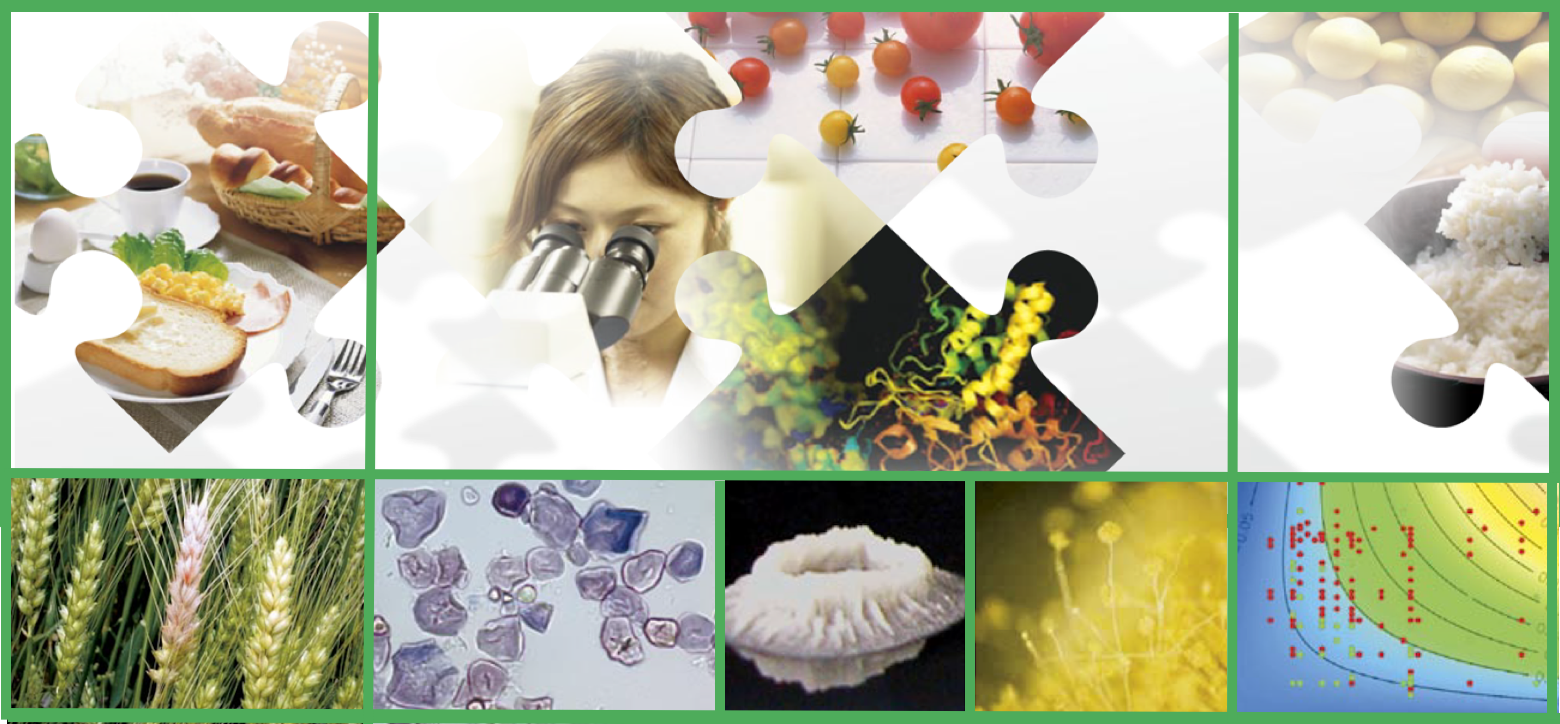

The Food Research Institute, NARO (NFRI) aims to promote a healthy and rich diet for consumers and to address the country's food supply issues through scientific analysis on food and health, development of technology to ensure the safety of food, and development of innovative distribution and processing technologies.
 As part of a research project for the new demand and creation of agricultural products supported a grant from the Ministry of Agriculture, Forestry and Fisheries (MAFF), the NFRI has released an onion recipe book. Onions have been found to contain polyphenolic flavonoid compounds, particularly quercetin which exhibit antihypertensive effects on humans, and a provides a countermeasure against metabolic syndrome. Part of the study focuses on processing methods to trace the changes in the functional ingredients during cooking in order to find a cooking method that can be used for a more efficient intake of quercetin. Additionally, NFRI has collaborated with Sapporo Medical University and Soubetsu town in Hokkaido to determine the daily quercetin intake from foods available in market. As part of these initiative, a recipe collection for onion was released containing various ways of maximizing the health components of onion. The recipe is currently available in Japanese only. Link to the recipe book here.
As part of a research project for the new demand and creation of agricultural products supported a grant from the Ministry of Agriculture, Forestry and Fisheries (MAFF), the NFRI has released an onion recipe book. Onions have been found to contain polyphenolic flavonoid compounds, particularly quercetin which exhibit antihypertensive effects on humans, and a provides a countermeasure against metabolic syndrome. Part of the study focuses on processing methods to trace the changes in the functional ingredients during cooking in order to find a cooking method that can be used for a more efficient intake of quercetin. Additionally, NFRI has collaborated with Sapporo Medical University and Soubetsu town in Hokkaido to determine the daily quercetin intake from foods available in market. As part of these initiative, a recipe collection for onion was released containing various ways of maximizing the health components of onion. The recipe is currently available in Japanese only. Link to the recipe book here.